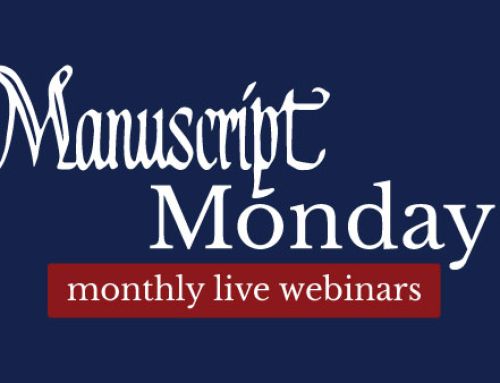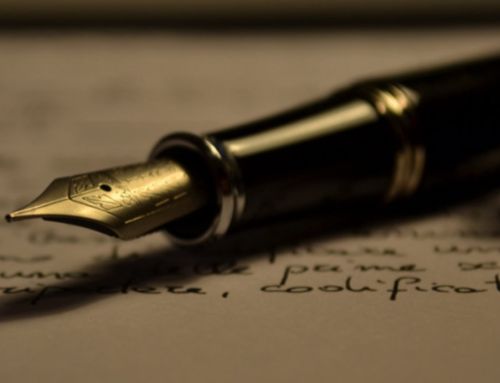
The Library of Congress recently completed a major digitization effort. The collections of 23 U.S. presidents’ papers are now available online. From left: Calvin Coolidge, Abraham Lincoln, George Washington, Benjamin Harrison and Thomas Jefferson; behind: Jefferson’s June 1776 draft of the Declaration of Independence (Illustration by Meilan Solly / Images: Public domain via Wikimedia Commons and Library of Congress)
Presidential Papers: All On Line
The project began twenty years ago. The plan: Digitize all of the presidential papers in the Library of Congress’ collections. Staff members uploaded more than 3.3 million images to the online portal. The images include items from George Washington through Calvin Coolidge.
The last presidents digitized were: Grover Cleveland, Benjamin Harrison, William Howard Taft and Calvin Coolidge. The LOC’s Taft and Coolidge collections are the largest collections of original documents from these men in the world. Taft’s collection has 676,000 items. Calvin Coolidge’s has 179,000 items. Other LOC presidential collections said to be the largest of their kind include the papers of Washington, Jefferson, T. Roosevelt and Woodrow Wilson.
The LOC and the National Archives house the majority of presidents’ personal papers. But there are several exceptions. The writings of John Adams and John Quincy Adams belong to the Massachusetts Historical Society. Plus, the Ohio Historical Society houses Warren G. Harding’s papers.
As Janice E. Ruth, chief of the library’s manuscript division, noted, “Arguably, no other body of material in the Manuscript Division is of greater significance for the study of American history…. They cover the entire sweep … from the nation’s founding through the first decade after World War I, including periods of prosperity and depression, war and peace, unity of purpose and political and civil strife.”
National Archives and Records Administration, which is also based in D.C., oversees the presidential libraries of 31st President Herbert Hoover and his successors.)
For the entire Smithsonian article




Leave A Comment